"We had a very good meeting with President Xi of China, excellent, I would say excellent, as good as it was going to be," he said. "We discussed a lot of things and we're right back on track and we'll see what happens", Trump told reporters after an 80-minute meeting with Chinese President Xi Jinping on the sidelines of a summit of leaders of the G-20 major economies in Osaka, western Japan.
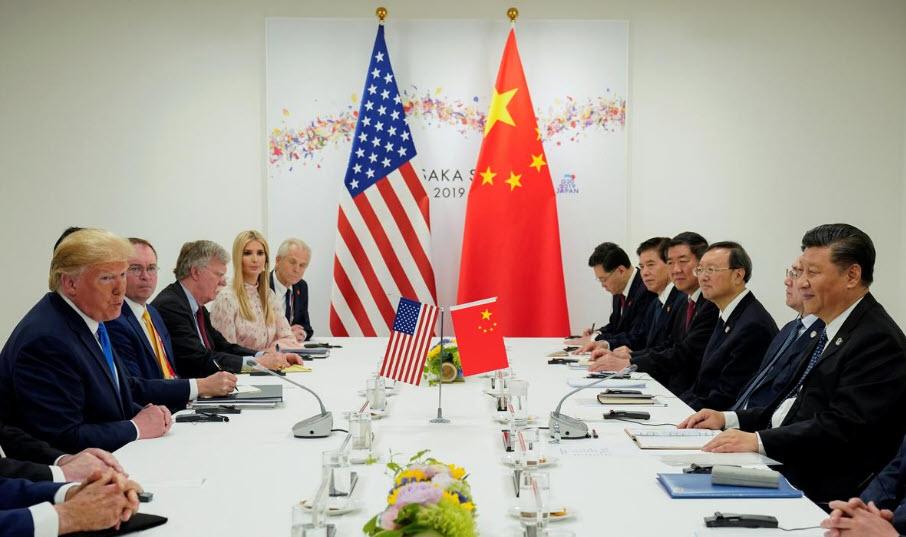
Trump said while he would not lift existing import tariffs, he would refrain from slapping new levies on an additional $300 billion worth of Chinese goods - which would have effectively extended tariffs to everything China exports to the America.
“We’re holding back on tariffs and they’re going to buy farm products,” he said vaguely at a news conference, without giving any details of China’s future agricultural product purchases. “If we make a deal, it will be a very historic event.” He gave no timeline for what he called a complex deal but said he was not in a rush. “I want to get it right.”
Whereas Trump and top admin officials alleged that Beijing had reneged on provisions of a tentative trade deal, it was not immediately clear if Xi agreed to return to previous agreements as part of the new truce.
Trump, however, did relent on one of the major sticking points, saying U.S. firms would be allowed to sell components to Huawei, the world’s biggest telecom network gear maker, where there was no national security problem. The president said the U.S. commerce department would meet in the next few days on whether to take it off a list of firms banned from buying components and technology from U.S. companies without government approval.
"I like our companies selling things to other people, so I allowed that to happen," Trump said. “We’re talking about equipment where there’s no great national security problem with it.” In recent months, the Trump administration has been lobbying allies around the world not to buy Huawei equipment, which the U.S. says could be used for Chinese espionage.
Huawei was delighted by the news on its verified Twitter account: “U-turn? Donald Trump suggests he would allow #Huawei to once again purchase U.S. technology!”
U-turn? Donald Trump suggests he would allow #Huawei to once again purchase U.S. technology! #HuaweiFacts https://t.co/wg7yJQXOsS— Huawei Facts (@HuaweiFacts) June 29, 2019
Predictably, China also welcomed the step. “If the U.S. does what it says, then of course, we welcome it,” said Wang Xiaolong, the Chinese foreign ministry’s envoy for G20 affairs.
Trump said he had not yet decided how to allow U.S. companies to continue selling to Huawei or whether to remove the tech giant from the Commerce Department’s entity list. He said he would meet with advisors next week to determine how to proceed.
U.S. microchip makers also applauded the move. “We are encouraged the talks are restarting and additional tariffs are on hold and we look forward to getting more detail on the president’s remarks on Huawei,” John Neuffer, president of the U.S. Semiconductor Association, said in a statement. Recently, Broadcom warned of a broad slowdown in demand as a result of Huawei sanctions and slashed its revenue forecast.
And yet, it was not clear how long the exemption would last. Trump said he had agreed with Xi to wait until the very end of trade talks to resolve broader issues around Huawei, including Washington’s lobbying campaign against allies buying its 5G equipment.
“Huawei is a complicated situation,” Trump said. “We’re leaving Huawei toward the end. We’ll see where we go with a trade agreement.”
The concession will likely draw criticism in Washington where national security hawks have urged Trump not to ease any pressure against Huawei. The company has long been the target of concern at the Pentagon and intelligence agencies in part over what the U.S. claims are its close ties to the Chinese military.
Huawei is one of few potent levers we have to make China play fair on trade.— Chuck Schumer (@SenSchumer) June 29, 2019
If President @realDonaldTrump backs off, as it appears he is doing, it will dramatically undercut our ability to change China’s unfair trades practices.https://t.co/rja8CDs2T4
By agreeing to weaken restrictions on #Huawei, Trump not only undermined his own government, he undermined the entire argument #Huawei is a real national security threat. #facepalm https://t.co/BzuM8QA0Na— Josh Rogin (@joshrogin) June 29, 2019
In exchange for his Huawei concession, Trump said Xi Jinping had promised to buy “tremendous” amounts of U.S. agricultural products. “We’re going to give them a list of things we’d like them to buy,” Trump said at a news conference following the Group of 20 summit in Osaka, Japan. However, as Bloomberg notes, the first indications the second fragile truce will collapse soon is that the Chinese official media reports said only that the U.S. president hopes China will import more American goods as part of the truce, without an actual confirmation it will do so.
For now, however, the second truce, after a similar ceasefire was announced on December 1 at the Buenos Aires G-20 summit, has been achieved, offering relief from a nearly year-long trade standoff in which the countries have slapped tariffs on billions of dollars of each other’s imports, disrupting global supply lines, roiling markets and dragging on global economic growth.
In a lengthy statement on the two-way talks, China’s foreign ministry quoted Xi as telling Trump he hoped the United States could treat Chinese companies fairly. On the issues of sovereignty and respect, Xi said that "China must safeguard its core interests."
“China is sincere about continuing negotiations with the United States ... but negotiations should be equal and show mutual respect,” the foreign ministry quoted Xi as saying.
Trump had threatened to extend existing tariffs to almost all Chinese imports into the United States if the meeting brought no progress on wide-ranging U.S. demands for reforms.
The return to the negotiating table ends a six-week stalemate that has unnerved companies and investors, and at least temporarily reduces fears that the world’s two largest economies are headed into a new cold war, which they still are but only after the current stalemate ends allowing the S&P to rise above 3,000 in the the meantime. Because, as Bloomberg notes, it’s unclear how they can overcome differences that led to the collapse of a previous truce reached at the G-20 in November.
* * *
While Trump and Xi were all smiles at their press briefing, the bad blood between the two leaders behind the scenes is clearly still there. Xi spent much of the summit’s first day Friday promising to open up the Chinese economy, and attacking the U.S. (without naming it) for its attack on the global trading system. As Bloomberg reported, Xi took a "not-so-subtle swipe" at Trump’s “America first” trade policy in remarks to African leaders on Friday, warning against “bullying practices” and adding that “any attempt to put one’s own interests first and undermine others’ will not win any popularity.” Xi also called out the U.S. over Huawei and said the G-20 should uphold the “completeness and vitality of global supply chains.”
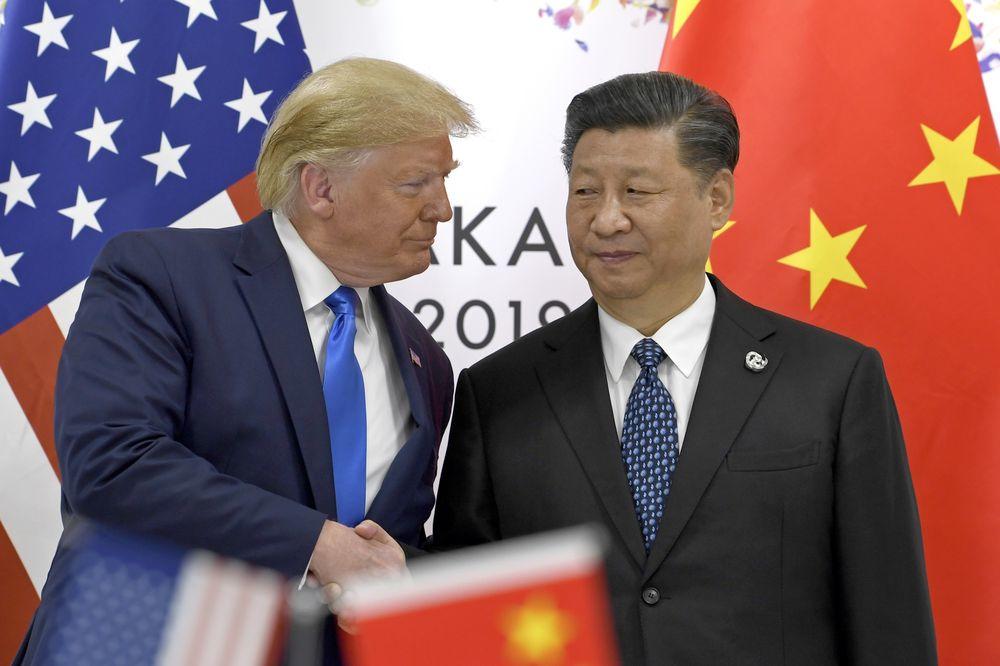
For now, however, there is optimism.
“Returning to negotiations is good news for the business community and breathes some much needed certainty into a slowly deteriorating relationship,” said Jacob Parker, a vice-president of China operations at the U.S.-China Business Council. But "now comes the hard work of finding consensus on the most difficult issues in the relationship, but with a commitment from the top we’re hopeful this will put the two sides on a sustained path to resolution,” he said.
Others were more skeptical, and warned the pause - just like the first ceasefire - will not last.
“Even if a truce happens this weekend, a subsequent breakdown of talks followed by further escalation still seems likely,” Capital Economics said in a commentary on Friday, quoted by Reuters.
The United States says China has been stealing American intellectual property for years, forces U.S. firms to share trade secrets as a condition for doing business in China, and subsidizes state-owned firms to dominate industries. Meanwhile, China has said the United States is making unreasonable demands and must also make concessions.
The talks collapsed in May after Washington accused Beijing of reneging on reform pledges. Trump raised tariffs to 25% from 10% on $200 billion of Chinese goods, and China retaliated with levies on U.S. imports.
The U.S.-China feud had cast a pall over the two-day G20 gathering, with leaders pointing to the threat to global growth. In their communique, the leaders warned of growing risks to the world economy but stopped short of denouncing protectionism, calling instead for a free, fair trade environment after talks some members described as difficult.
* * *
Finally, global markets will breathe a sigh of relief on news of the resumption in U.S.-China trade talks, even as an official deal remains elusive, and there is no indication of how the two countries will bridge the most difficult aspect of a feud that has emerged beyond simple trade and now affects most aspects of US and Chinese life.
The flip-side is that with trade talks back on, the Fed will feel far less pressure to ease in July, and since in June stocks exploded higher on hopes that the Fed will cut rates as much as 50bps next month, such a reversal in US-China relations could potentially prevent Powell from capitulating, and leave the Fed on hold, an outcome which would lead to a sharp drop in US capital markets. Indeed, in recent weeks, the S&P has returned to record highs, treasury yields have tumbled to their lowest level in years. The Japanese yen, a traditional beneficiary of flight to quality, has gained, while the U.S. dollar has slipped across the board, including against China’s yuan.
Source: https://www.zerohedge.com/news/2019-06-29/ceasefire-us-china-trade-talks-back-track-after-trump-concedes-huawei







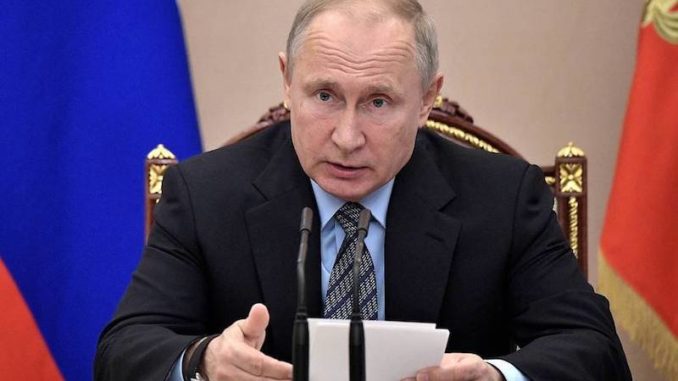

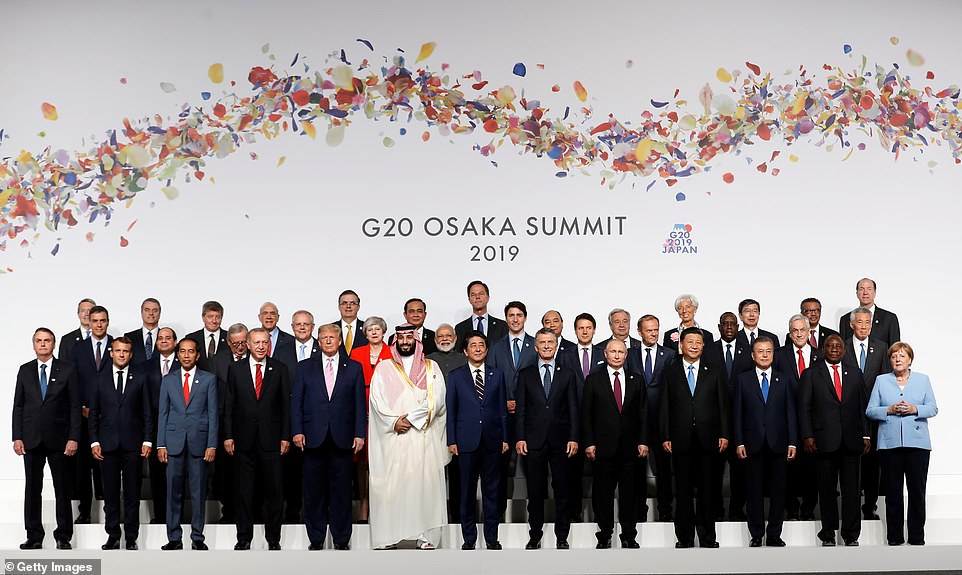
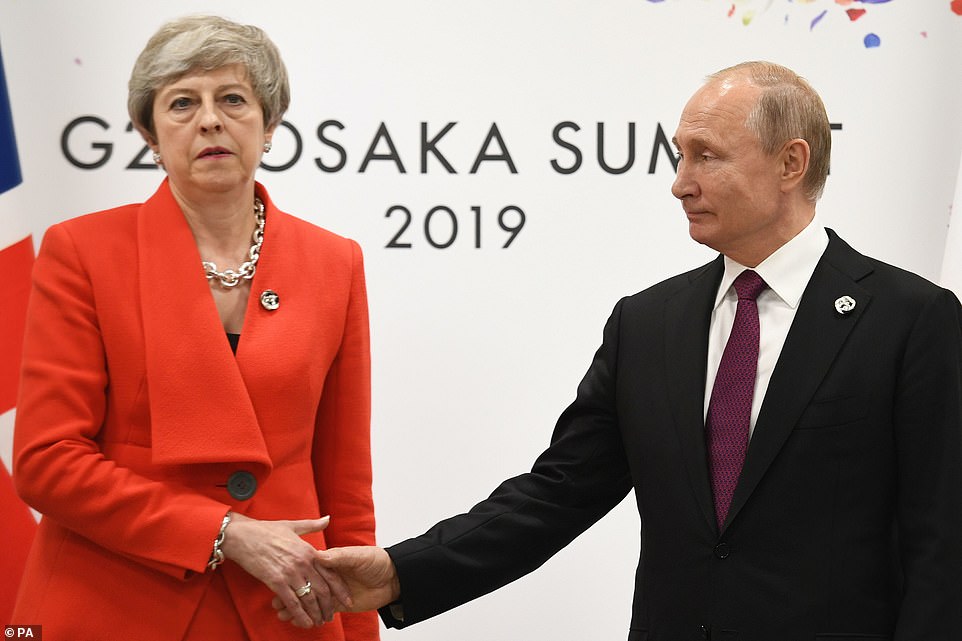
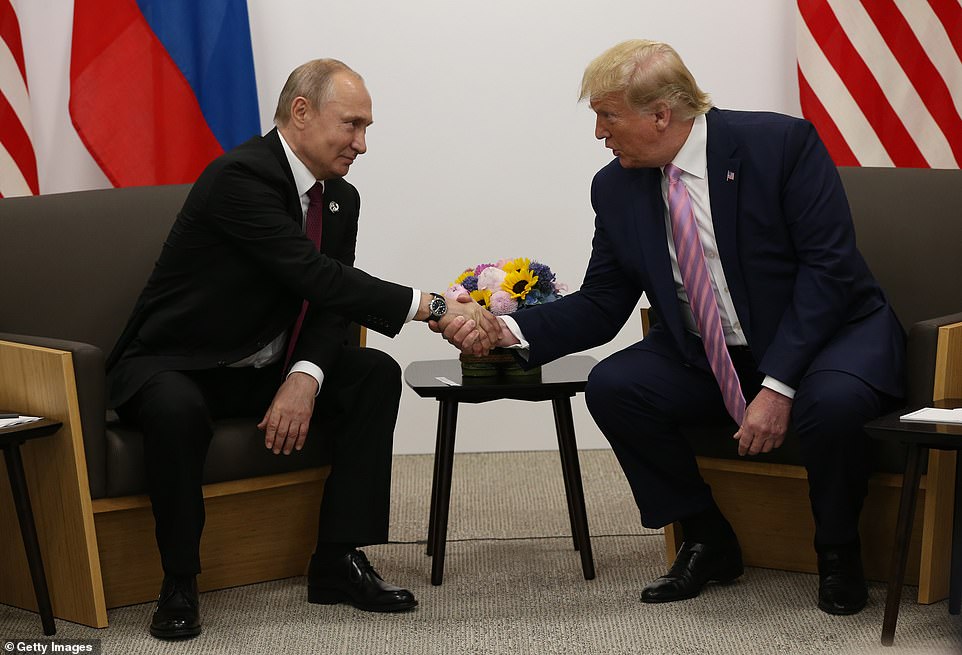










 Liberteon
Liberteon